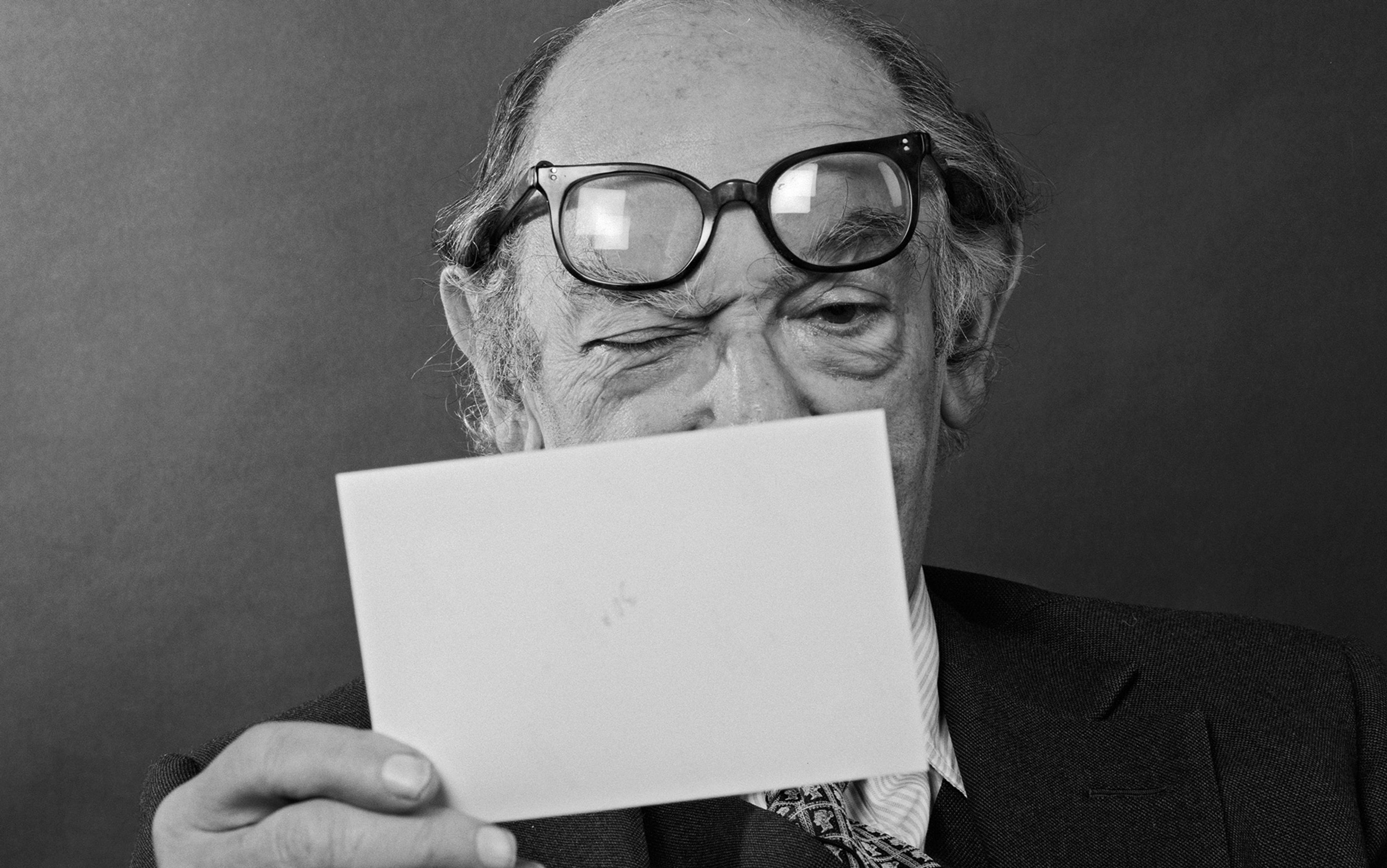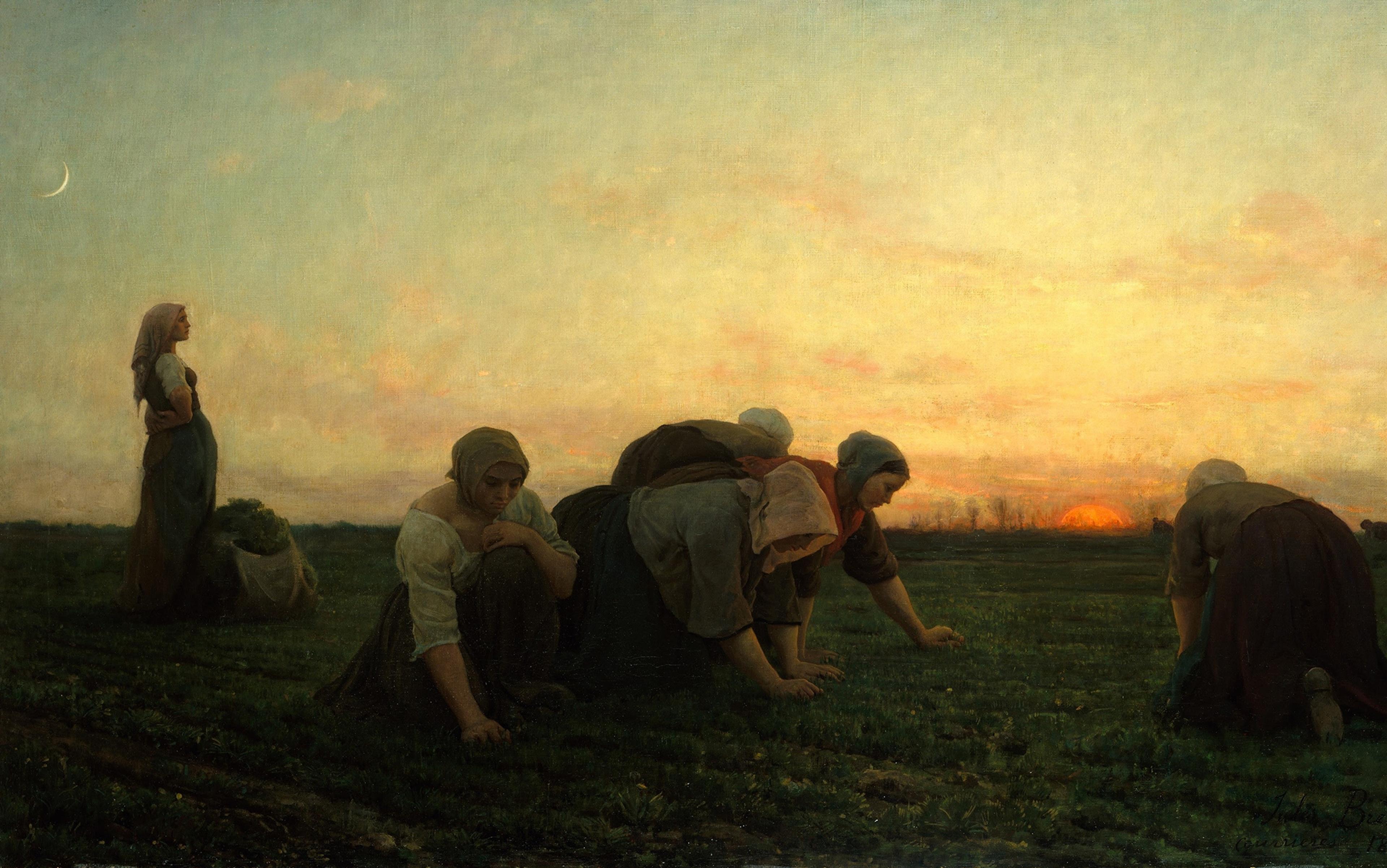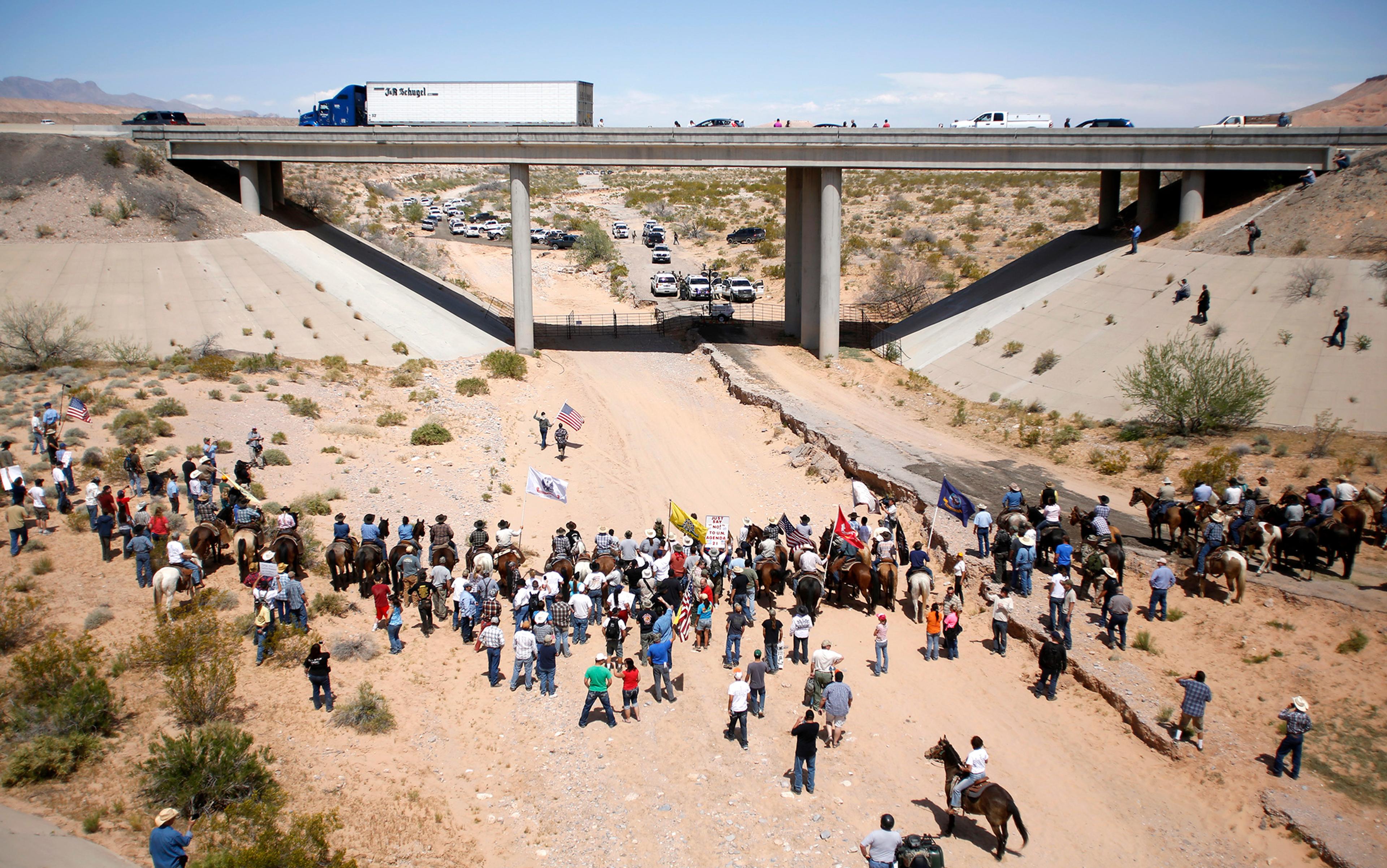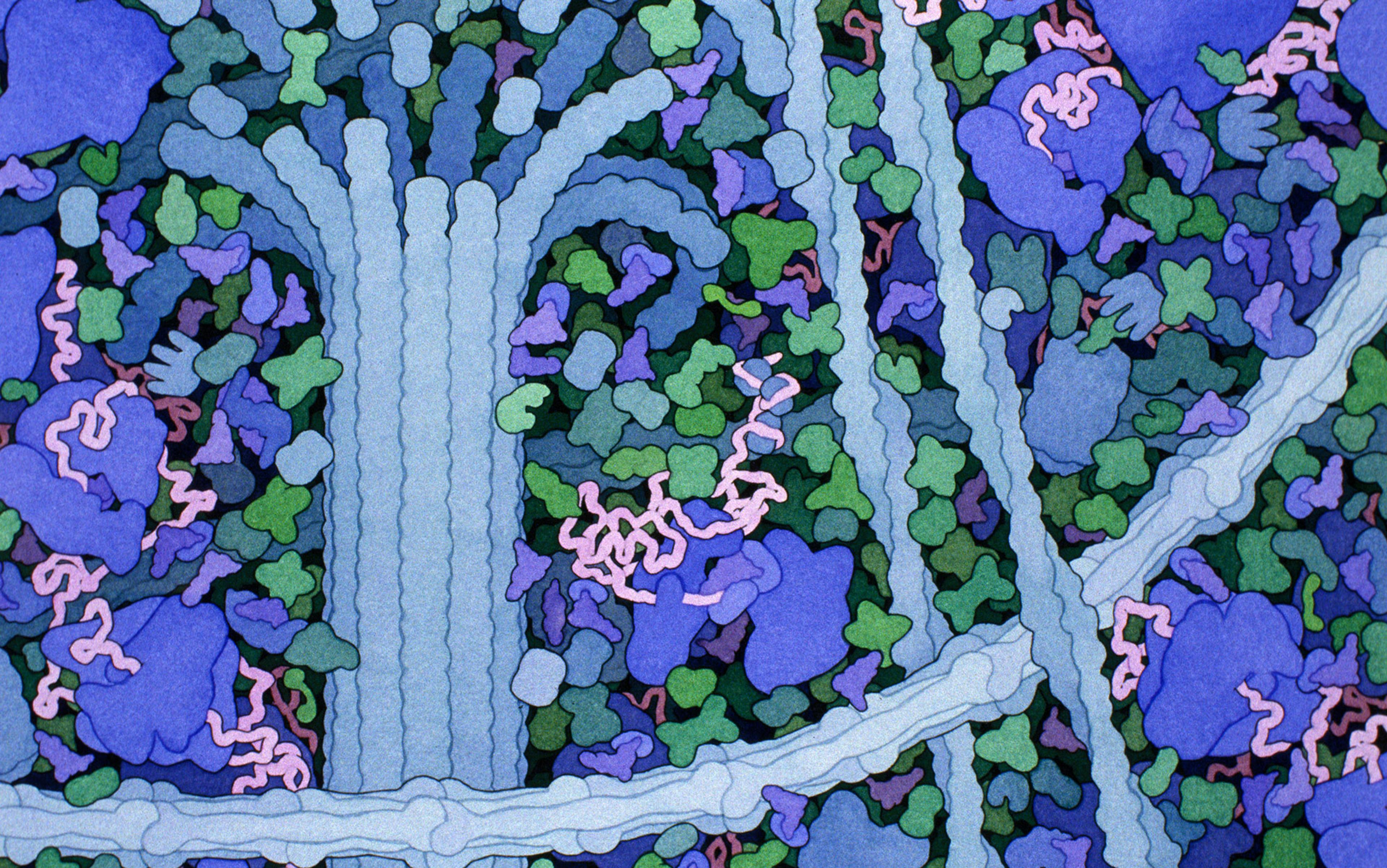Isaiah Berlin’s lecture on political liberty ‘Two Concepts of Liberty’ (1958) created a new standard for understanding the individual and society. It has become a classic work. What set it apart was not so much that an Oxford don was prepared to engage directly and polemically with a theme of near-universal human concern but the way in which its author explored political morality itself. His account of liberty refused to conform to the narrow scope of ordinary academic discourse. Berlin sought to treat our personal and public lives in the only way he felt they can be grasped, that is, as reflecting our interaction with ideas and ideals in their particular historical context. What his approach exposed was not simply the ethical emptiness and practical uselessness of the prevailing philosophical schools of logical positivism and linguistic analysis; it also provided an example of the sort of understanding, even knowledge, that can emerge from exploring political values such as liberty, equality and justice through a genuinely humanistic and historical but no less analytically rigorous lens. In short, he produced a uniquely arresting political theory for real human beings.
Berlin was born in Riga on 6 June 1909, the then capital of the governorate of Livonia, which formed part of the Russian Empire. As a youngster, he lived through the February and October revolutions of 1917, and witnessed on a walk with his governess in Petrograd (now St Petersburg) a policeman being dragged away by a mob to his certain death. The memory of this event, he said on the BBC Radio 4 show Desert Island Discs in 1992, ‘gave me a permanent horror of physical violence which has remained with me for the rest of my life’. The turbulence of Bolshevik rule eventually led the Berlins to emigrate to England in 1921. Having won a place at Oxford, Berlin became the first Jew to be awarded a prize fellowship to All Souls College.
With the onset of war, Berlin’s life acquired an entirely new set of experiences. He served in the British Information Services in New York, followed by assignments in the British embassies in Washington and Moscow between 1942 and 1946. During his wartime diplomatic service, he met the Russian poet Anna Akhmatova in Leningrad, an episode that profoundly affected him for life, and prompted her to describe him as a ‘guest from the future’ in her ‘Poem without a Hero’ (1967). Following the war, Berlin abandoned philosophy, or rather the Oxford school of ordinary language philosophy, for the history of ideas, on the basis that the latter offered a better opportunity ‘to know more at the end of one’s life than when one had begun’, as he wrote in the preface to Concepts and Categories (1978).
This decision proved an inspired one as it allowed him to pursue his intellectual passions in a way that played to his strengths as a thinker and writer. His distinction as an intellectual and moralist enjoyed virtually unrivalled status in the West in the second half of the 20th century. He died on 5 November 1997. Shortly after Berlin’s death, his editor and friend, Henry Hardy, described him as, of all the people he had known, ‘not only the most remarkable and delightful, but also, in so many ways, the wisest, the surest in judgment, and the best’.
Berlin’s seminal essay on liberty – which, like so many of his essays, began as a lecture – starts by differentiating between two notions of political freedom. The first of these is described as ‘negative liberty’, since it refers to the extent to which I am free from the interference of other individuals or authorities. Being negatively free, according to Berlin, does not mean that I am free from physical or psychological constraints. It simply refers to the degree of freedom from human interference or coercion such as the freedom to be left alone from engaging in politics. Contrasted with it is ‘positive liberty’, so-called because it is the freedom to do something rather than the freedom from something: eg, the freedom to stand for election to parliament. In many ways, this is a far richer, if more nebulous, notion that ‘derives from the wish on the part of the individual to be his own master’.
So far, one could be forgiven for thinking that we are being presented with a rather obvious distinction between two sides of the same coin. Berlin doesn’t dissent, acknowledging that both concepts appear at ‘no great logical distance from each other’. But what distinguishes his account is that he treats each of these concepts realistically and historically, showing not only that there is a substantively significant – not merely a logically valid – distinction to be made between negative and positive liberty, but also that the failure to recognise its significance can cause far more harm than mere conceptual confusion. The key point here is that Berlin switches the default understanding of things by making theory more answerable to reality rather than the other way around. This bold move means that history and realism can take centre-stage in making sense of things. And what history and our current experience reveal is that negative and positive liberty respond to real and legitimate human needs and ideals. Negative freedom has been the beating heart of political liberalism, with its insistence that individuals be left alone to their own devices, so long as their actions do not unduly harm others. Similarly, positive liberty has lain at the heart of emancipatory theories of politics from democratic and republican doctrines to those of nationalism and communism.
In this vein, Berlin shows that one of the major insights of modern history and contemporary reality is just how catastrophically the concept of positive liberty is vulnerable to, or exploitable by, the most atrocious types of totalitarianism. The 20th century, in particular, has shown just how tragically brief the leap can be from a desire for self-realisation to the sense of having discovered a real or rational self and ending in the embrace of oppressive and murderous forms of despotism. One of the key factors that has brought about such a deformation over the past 200 years is the hugely influential assumption that harmony among social values is not merely desirable but possible.
So, for example, if I know in my heart of hearts or by the light of unaided reason that my true self is a manifestation of what my political party or my nation or humanity as a whole can or should be, the historical record reveals that it can be a short skip and jump before we find ‘the wise’ or ‘the party leaders’ or ‘the chosen few’ having to force the rest of us to be free to bring about the so-called ‘radiant tomorrow’. The history of the Soviet Union in the previous century has shown how potent this Rousseauian urge can be when it is coupled with the widespread, if tacit, belief that the genuine goals of all rational human beings must fit into a single, universal and all-embracing system, a kind of cosmic jigsaw where everything, or at least everything worthwhile, eventually finds its natural, preordained place and fits without remainder.
You can’t have everything: ‘freedom for the wolves has often meant death for the sheep’, he writes
There are three main lessons we can learn from Berlin’s lecture on liberty; the first two are methodological and the third is substantive. First, analysing concepts such as liberty in a strictly analytic, value-free and blankly ahistorical way reveals only the tip of the iceberg. All genuine moral and political ideals have large, intricate genealogies that must be excavated if we are serious about comprehending their meaning and importance. For example, on a purely conceptual level, negative liberty (freedom from external social or political interference) can be described as the flipside of positive liberty (freedom to be in the driving seat and be the master of one’s own destiny and, in theory at least, the destiny of others), but recognising this distinction does not even begin to capture how people have actually interpreted and lived these different notions of liberty, for better and worse, in the here-and-now world. Political science can tell us only so much about the moral state of society, just as medical science can reveal only so much about the state of an individual’s soul. An authentically humanistic perspective is indispensable to providing a proper and necessarily value-laden picture of the individual and society.
Second, all realistic moral and political philosophy must be historically informed and, as a result, historically self-conscious. This is both good and bad news for existing and aspiring political theorists: recognising the centrality of history to human understanding opens up a rich and virtually endless territory to discover and reflect on, but it also means that we need an almost super-human capacity to sift through and synthesise vast amounts of information if we are even to begin to fulfil the task in any kind of coherent and convincing way. Moreover, knowing a lot of history is not the same as having a sense of history, or what Berlin often referred to as a ‘sense of reality’. For instance, anyone can learn historical dates and events but only someone with a sense of history or reality can perceive the underlying currents and their relation to the more obvious aspects of the social world, the sort of perceptiveness that informs a novel such as Leo Tolstoy’s War and Peace (1869). Having a historical sense, therefore, is not equivalent to acquiring a specialised skill that can be simply learned and applied. It’s more comparable with the elusive yet no less objective sensibility of an accomplished biographer or portrait painter who succeeds in capturing the individuality of a subject or epoch.
A third salient lesson centres on what Berlin calls pluralism. Value or moral pluralism, as it is now called, is Berlin’s master idea, composed of a number of separate but related elements. These include the claim that human values and ideals are not compatible in principle or in practice: for example, liberty is not just distinct from equality, justice or compassion but is in some ways in unavoidable conflict with them. You can’t have everything: ‘freedom for the wolves has often meant death for the sheep’, he writes. In addition, Berlin argues that irreducible diversity and confrontation between moral ends is ubiquitous rather than exceptional within our own lives and in our social interactions. And, finally, we are told that the idea that there exists some absolute and universal moral yardstick that permits us to rank human values and ideals and resolve moral disagreement is an illusion. Berlin’s radical pluralism adds up to an uncompromising affirmation of the incoherence and impossibility of human perfectibility.
Taken together, these various prongs of Berlin’s value pluralism also provide the grounds for a highly distinctive and persuasive defence of a liberal, open society. If human values and ideals are inherently diverse and in irreducible conflict, and if reason cannot determine a uniquely right solution to moral disagreement, then there exists a principled rather than merely pragmatic justification of liberalism. We can cease to regard toleration as the jaded child of an imperfect world and view it as an undogmatic response to a large and cherished feature of modern life. The right to be free to choose our own individual destiny or destinies gains a vital source of moral and political legitimacy from the truth (and not merely the sociological fact) of value pluralism.
While members of the laity might be tempted to regard aspects of Berlin’s pluralism as unstartling, within philosophical circles it has long been considered a subversive and implausible position. A sacred tenet of Western speculation is the monistic (as opposed to pluralistic) idea that there exists a uniquely correct answer to every genuine moral question, that the very meaning and validity of moral objectivity makes no sense without the possibility of fundamental moral agreement and, ultimately, of total harmony between all genuine human values and ways of living. This ruling assumption invariably has its source in some overriding utopian belief or desire that human affairs are or ought to be accountable to some all-encompassing and harmonising moral theory, provided, if not by God, then by some fundamental objective source, such as human nature.
However, the gap between our ordinary attitude to morality and the traditionally philosophical view of ethics is not as great as it might at first appear. The deeper affinity between the two perspectives declares itself in their shared view of moral conflict as distinct from their perhaps divergent ideas concerning ultimate moral agreement as a feasible or even coherent human goal. Most people and the overwhelming majority of philosophers have assumed that there must be a single, right way of doing things in the face of a genuine ethical dilemma, that deep down there is a uniquely correct decision to be made between, for example, choosing liberty over equality or, less abstractly, the freedom to terminate a pregnancy and the rights of an unborn child. In other words, the idea that there is a truly right way of resolving such predicaments is both philosophically and phenomenologically powerful. Many of us intuitively feel that, unless there is a single right answer to moral questions, unless such an answer can be discovered or, at least, is considered discoverable, then morality loses its meaning and becomes a purely nonrational, even random affair.
So how does Berlin disabuse us of seeing moral diversity and disagreement as pathological? His entire oeuvre can be interpreted as a radical response to that question. One of the more revealing ways of entering the Berlinian mansion is via the anti-monist door. The most notable features of his anti-monism are exemplified in his various accounts of the conflict between genuine and enduring human values and ways of life. He does not seek to prove the falsity of moral monism (or the truth of moral pluralism) by deploying the standard analytic tools of linguistic analysis and conceptual clarification. Rather, he approaches the topic in a way that reflects the nature of the subject matter itself.
Berlin believed that moral conflict is compatible with the objectivity of morals
At first glance, Berlin’s anti-monist treatment of ethics looks indistinguishable from 1950s-style existentialism. Like Jean-Paul Sartre, Berlin claims that there exists no external and impartial standpoint to which we can appeal to resolve a genuine conflict of ideals or moral obligations. Faced with a young man asking whether he should fight for his country against a hostile enemy or take care of his old and vulnerable mother, Berlin would have agreed with Sartre that there is no single, objectively right response to this dilemma. Unless circumstances fundamentally change – unless, for instance, his mother dies or the war suddenly ends – the young man is confronted with a choice that only he can make and which will leave him with an ineliminable sense of residual moral regret: if he stays at home to honour his filial duty, he will feel that he has let down his imperilled fatherland; if he chooses to follow the call of patriotism, he will have to live with his failure to be a dutiful son.
Crucially for Berlin, the occurrence of irresolvable moral conflict is not limited to such dramatic and extreme types of situations. He felt that such deep and unavoidable ethical dilemmas pervaded our personal and public lives and therefore society as a whole. He wrote a series of masterful essays on such thinkers as Niccolò Machiavelli, David Hume and John Stuart Mill; on the novels of Tolstoy, Ivan Turgenev and Boris Pasternak; on the historical and anthropological thought of Giambattista Vico, Johann Georg Hamann and Johann Gottfried Herder; as well as personal impressions of Winston Churchill, Franklin D Roosevelt and Chaim Weizmann, and accounts of the life and ideas of his uncategorisable hero, Alexander Herzen. Through these, Berlin brought to life his conviction that moral diversity and disagreement form a shared and inescapable element of the human predicament.
Furthermore, in a number of more recognisably philosophical papers, he sought to demonstrate that our values and ideals are neither part of a preordained moral hierarchy nor susceptible to being measured and ranked according to some supreme moral rule or calculus such as Immanuel Kant’s categorical imperative or Jeremy Bentham’s greatest happiness principle. Berlin’s contribution has the effect not only of challenging what he calls the ‘Ionian fallacy’ of moral monism but of vindicating his conviction that moral conflict is compatible with the objectivity of morals. Indeed, he believed that the reality of our experience of actual moral conflict gave the lie to the common yet mutually antithetical views that, on the one hand, moral objectivity is dependent on the prospect of moral agreement and, on the other, that the recalcitrance of moral discord is symptomatic of the underlying arbitrariness of ethics. In this respect, Berlin is to the philosophical world what Anton Chekhov is to the world of literature: he is a thinker for grown-ups who illuminates our self-understanding by showing that practical philosophy is at its best when its insights are wrought from the messy complexity of the real, imperfectible world of human affairs. His work also betrays an unflinching fidelity to the wisdom of Herzen’s remark from 1846:
People love a neat outward appearance. When it comes to truth, they see only one striking aspect and do not want to see grass growing round the back. But real truths come only in three dimensions, all of which are essential.
At a time when liberal humanism is facing the very real and present threat of eclipse, one can hardly be blamed for imagining how much nobler and more decent the world might be if it took more notice of Berlin. His ideas, which have lost none of the bite of relevance, also remind us that the main barrier we face in making the world a better place is the entirely untranscendent one of humanity itself. What Berlin wrote of Turgenev in 1970 could be justly said of Berlin himself today:
Chekhov once said that a writer’s business was not to provide solutions, only to describe a situation so truthfully, do such justice to all sides of the question, that the reader could no longer evade it. The doubts Turgenev raised have not been stilled. The dilemma of morally sensitive, honest, and intellectually responsible men at times of acute polarisation of opinion has, since his time, grown world-wide. The predicament of what, for him, was only the ‘educated section’ of a country then scarcely regarded as fully European, has come to be that of men in every class of society in our day. He recognised this predicament in its very beginnings and described it with incomparable sharpness of vision, poetry, and truth.






